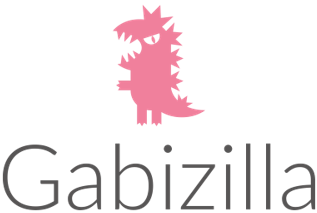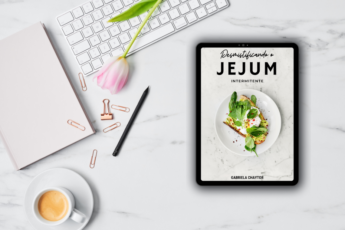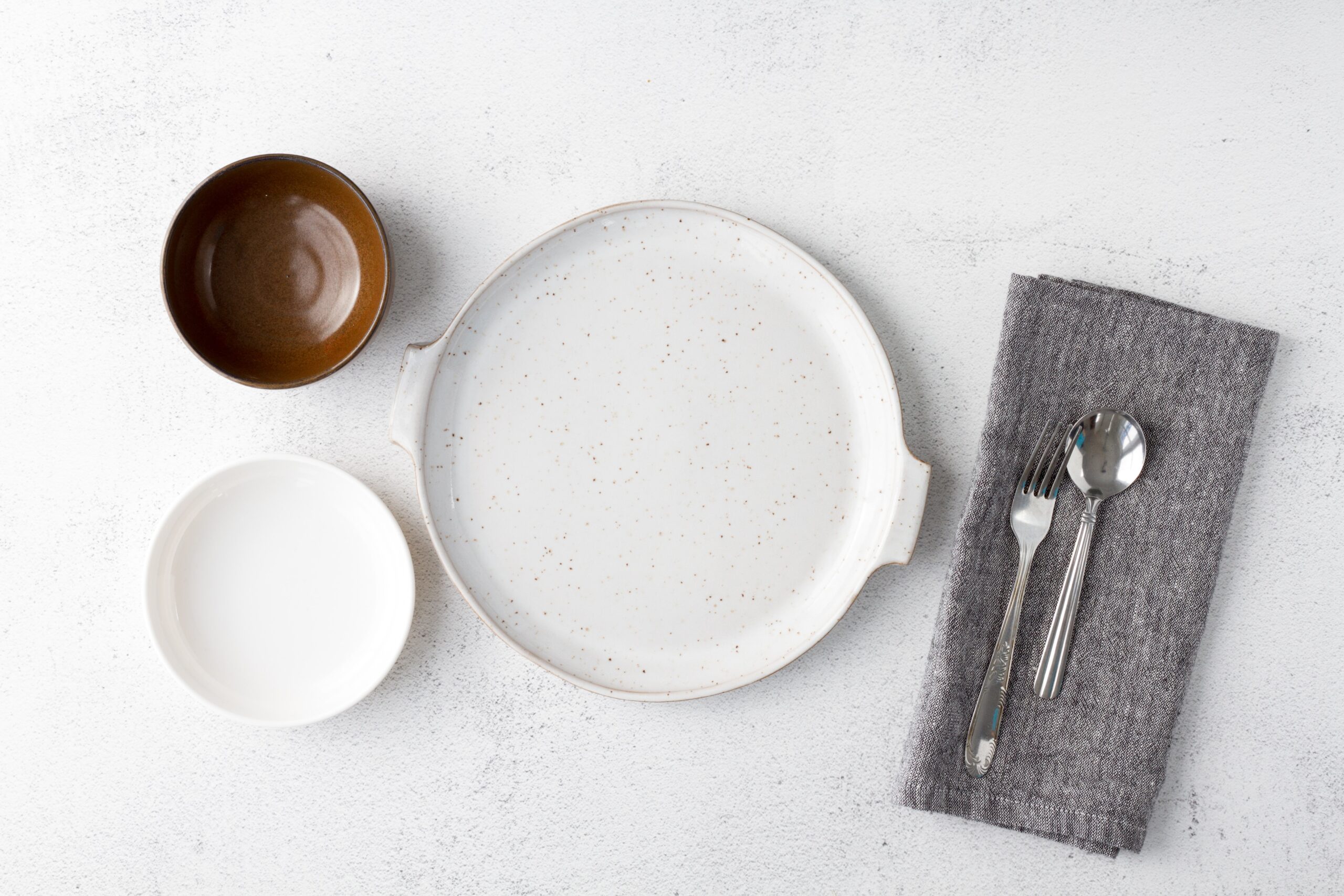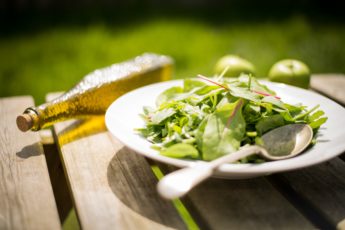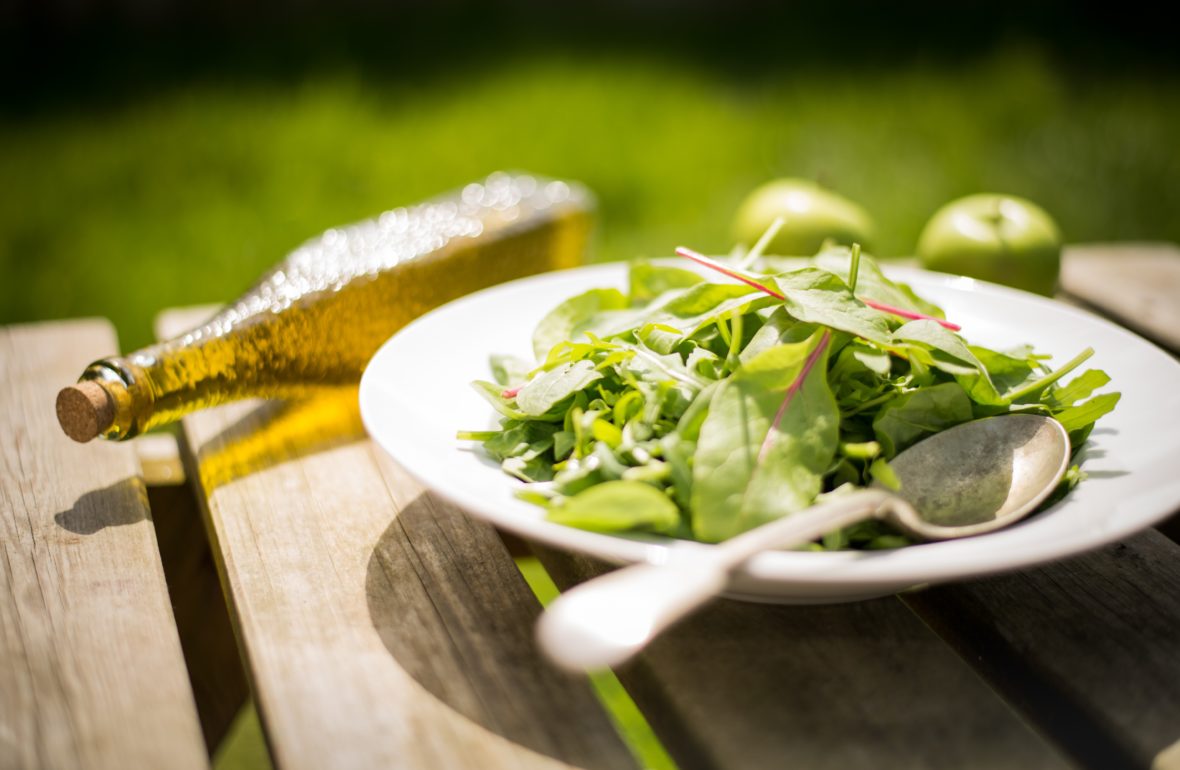
I’ll start this with a disclaimer: I am not a dietician, I’ve never studied nutrition, I do my research for my own information and I am not a source of nutritional information to anyone. You have doubts about nutrition? Seek a professional to help you, dietician or nutrology specialist.
Housekeeping done. With that said, I want to talk about a subject that’s come up now and again for a while, but really took off this past week thanks to an article in the Brazilian magazine Galileu: orthorexia. Since I first heard about it I was slightly shocked. And that was years ago, when I wasn’t even that healthy. I thought it was ridiculous to consider striving to eat healthy a disorder. Actually, the ‘disorder’ is not part of the DSM-V (Diagnostic and Statistic Manual of Mental Disorders), the American Psychiatric Association manual.
I agree that worrying excessively about food is not good. And the reason is that it may limit the life of the worrier. But, come on, are we really saying that cutting foods/ingredients that are bad for people’s health (lactose, gluten, carbs, food coloring etc.) can be considered a problem while eating copious amounts of sugar and flour cannot?
Everyone who reads this must know by now that I am vegetarian and follow a low-carb/lchf diet. So, worrying about food is just a fact of my life. In the past I read ingredients and asked questions regarding preparations to make sure I wasn’t eating meat, broth, gelatin. And that was already enough to stop me from some social interactions. Eating risotto out? Highly unlikely. Most chefs will use chicken broth on that vegetable risotto. Desserts? Only if I am sure there is no gelatin involved. That meant that if products didn’t have an ingredient list, I wouldn’t eat them.

It’s become a little harder, because now my worries include carbs. And trust me, there are loads of so called low-carb recipes around which include brown sugar (as if it is healthy) and lots of fruit. Real story, just last week someone posted a low-carb cake recipe with brown sugar and bananas. So, once again, I can only eat prepared foods if I know exactly what went into making them. Does that limit me? Occasionally, yes. I’ve felt like eating a beautiful chocolate mousse but couldn’t be sure if it took sugar or gelatin, so I gave up. FYI, it is possible to make chocolate mousse without these ingredients, Rita Lobo has taught us how.
But, at the same time, I have total control over what I eat. And even if I’m surrounded by people eating bread and chocolate cake, I can just have a coffee and nothing else. I don’t lock myself up in the house to avoid it. Is worrying about what I put inside my body the beginning of an eating disorder? What if I told you that by doing that I lost 20kg, got out of a level I obesity diagnosis and became a healthier person? And what if it motivated me to exercise, to the point I now want to go to the gym and workout like crazy to see my body composition change? Will someone still say this is a disorder? Even when it only caused a positive change?
Now suppose it’s the opposite. Suppose I am addicted to bread and sweets. That I only eat carbs all day: bread for breakfast, rice for lunch, a light muffin for my afternoon snack and a huge plate of pasta for dinner. And that I eat every 3 hours, whether I’m hungry or not. My body spends the whole day fighting insulin, my mood oscillates, and fat accumulates everywhere, from my thighs to my liver. In that scenario, no one will say I’ve developed a disorder. I should watch out and seek treatment. Even knowing that sugar is more addictive than heroin, no one will stage an intervention and send me to rehab.
But god forbid you say you don’t drink milk (in my case, because of the carbs), don’t eat anything made from grain flour (wheat, rice, whatever), and you don’t eat any meat (and no, not even fish, they don’t grow on trees after all) and you now risk being considered orthorexic.
What I think of all this? I think we are getting sick. But the disease is called stupidity. Don’t make your choices based on an article published on a popular magazine. Don’t make them based on what I say, or any other blog writer, for that matter. Research trustworthy sources, find a good health professional to follow you up. Don’t be naïve and pay attention to what you eat. Based on my personal experience I can say it will only do you good.
